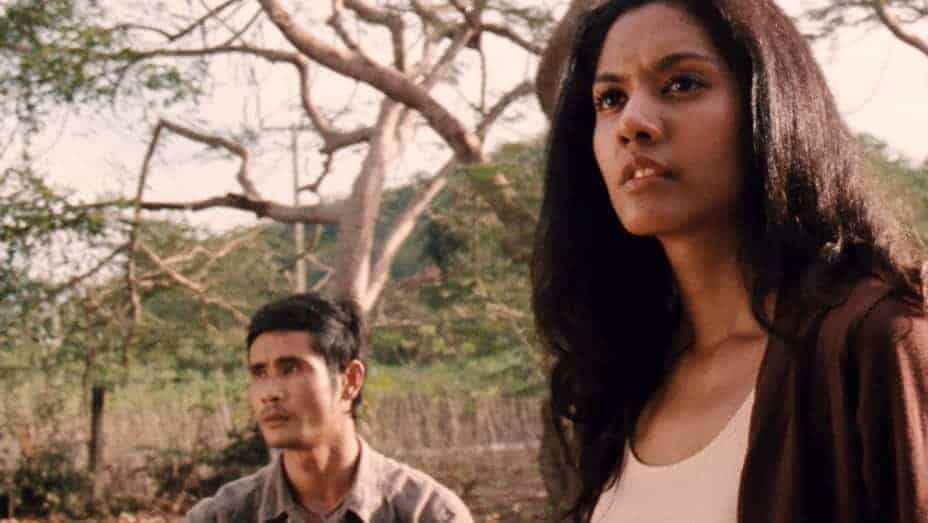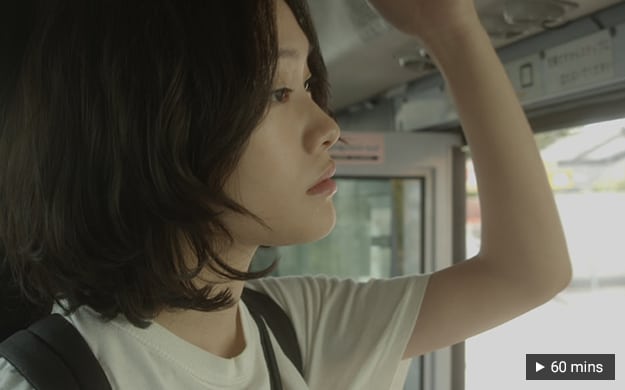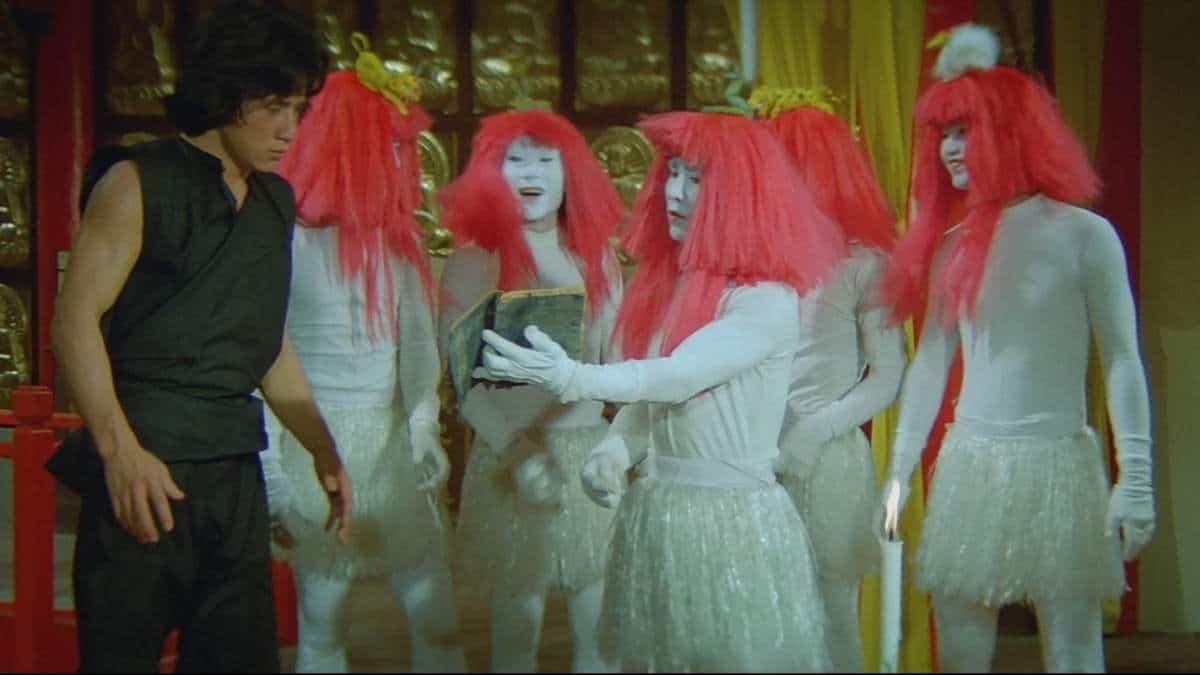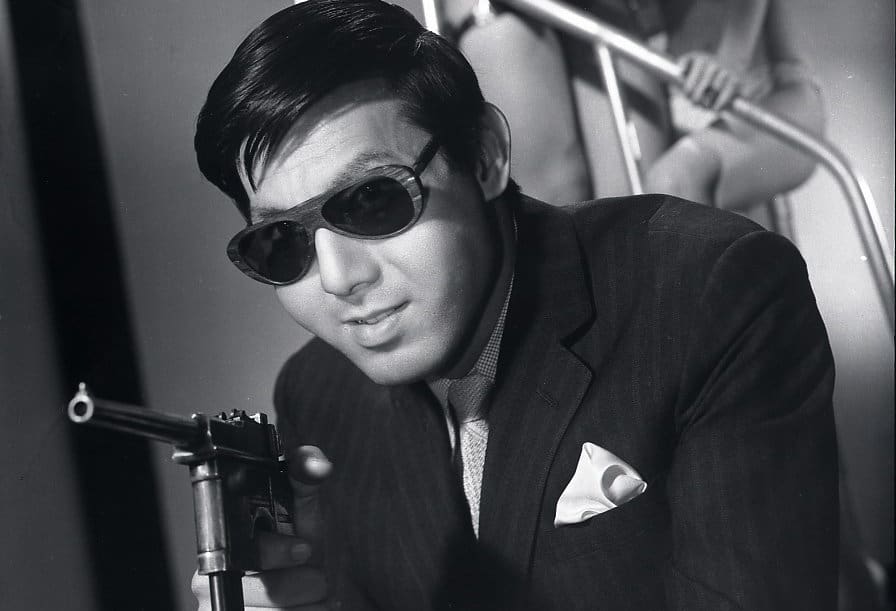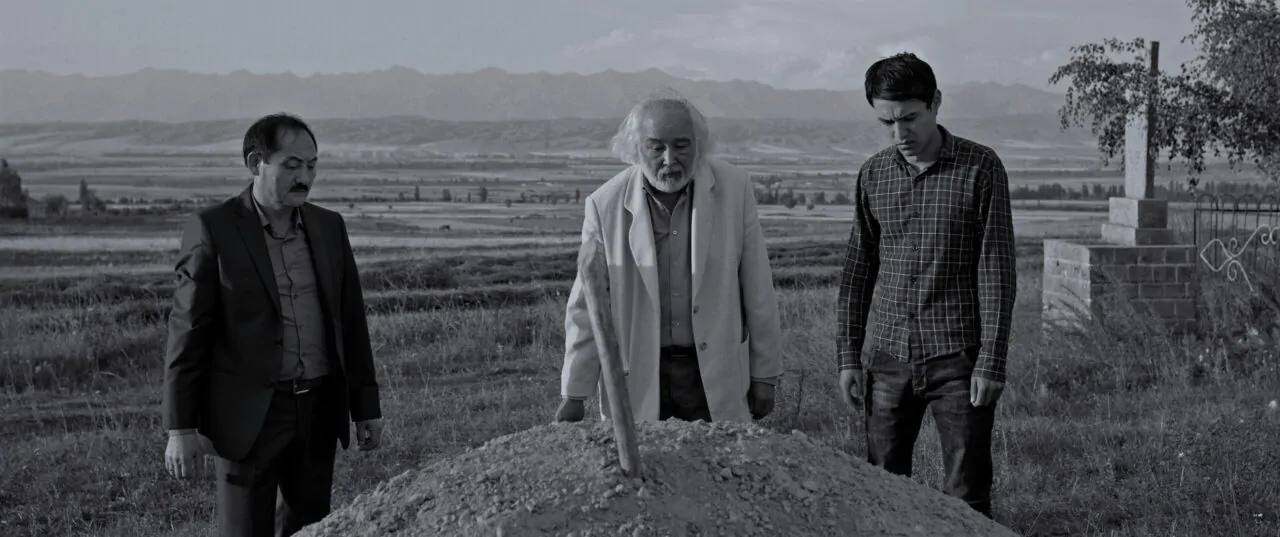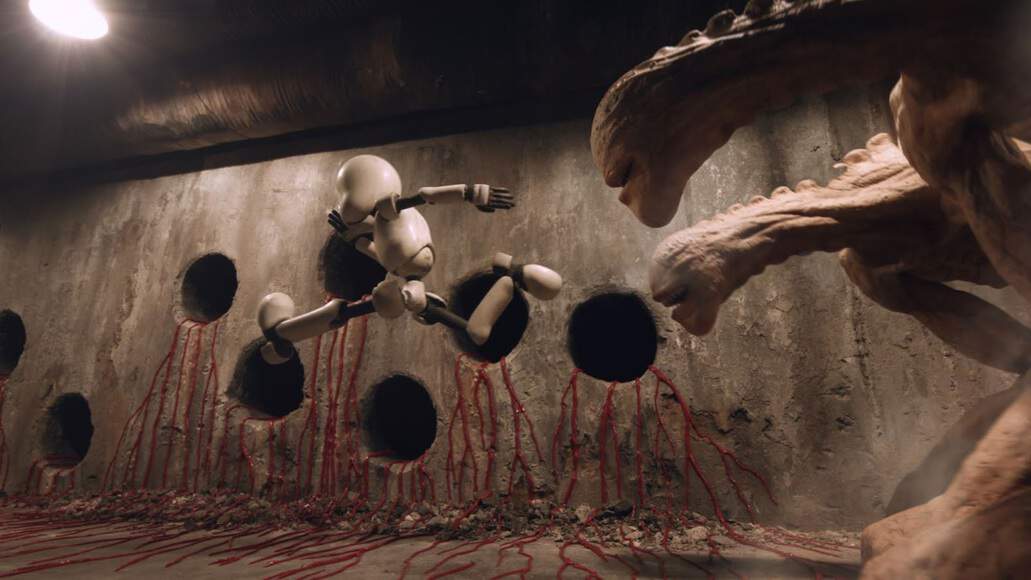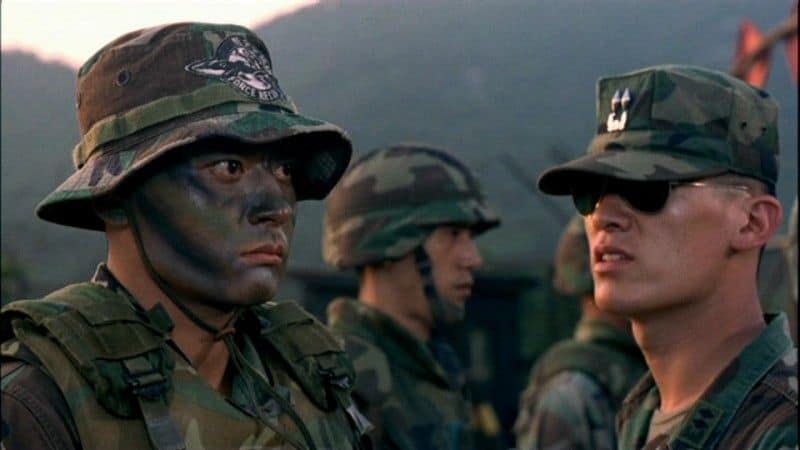“An impossible utopia. A hopeless dream.”
As most artists are aware, it is simply impossible not to make a statement with one's work. Even though it seems strange to think of mainstream films – the sheer never-ending stream of superhero-movies or romantic comedies, to name two examples – as having some kind of agenda besides the obvious economic interests of production companies, there is not denying the paradox that no message is still some kind of message. Of course, we all know this theory relies on how much emphasis and attention an artist puts on these thematic layers of his or her work, especially since these issues, whether they are political, social or cultural, have become increasingly complex pits of quicksand for those treading carelessly.
Especially when these various layers are met with the panoptic oversight of censorship. After a 12-year-hiatus from narrative films, Thai director Pimpaka Towira chose to talk about the various religious and political upheavals in her home country, a subject which has gotten many filmmakers in conflict with state authorities. In the past, directors such as Apichatpong Weerasethakul and documentary-filmmaker Nontawat Numbenchapol came under close scrutiny for their films either commented or criticized the policies of the state. Towira, along with the co-writer Kong Rithdee, a renowned Thai film critic, therefore wrote “The Island Funeral” in a much more universal way, creates a tale about the way people solve conflicts and whether sustainable solutions can indeed be found. In an interview the director states it is not about passing judgment on people or institutions, but rather about respecting the complexities of the problem, an aspect often forgotten by many.
“The Island Funeral” is screening at Aperture: Asia & Pacific Film Festival

Against the wishes of her father, Laila (Heen Sansithorn) sets out to the village of her aunt Zainub who has not seen in ages. Because the area of her village has been plagued by violence and conflict over the last months, her brother Zugood (Aukrit Pornsumpunsuk) and his friend Toy (Yosawat Sitowong) accompany the young woman on her dangerous journey into Pattani Province.
On their way through the country roads, the trio encounters the traces of past violent encounters and religious conflicts. Especially Toy becomes more and more scared of what they might find once they come close to their destination, his fears fueled by the stream of news he reads on his mobile about military actions. At the same time, Laila faces facets of her past which she has never fully embraced, the religious roots of her ancestors and how it defines her identity.
One of the repeated sources of conflict between the three main characters is the issue of being lost. While Laila seems to be oblivious to the doubts and fears of her companions, the two males become increasingly uncomfortable to the barren landscape they encounter on their way. In the first sequence of the film, Puttiphong Aroonpheng's camera looms over the characters, slowly gliding from Toy checking his mobile for recent news, Laila impatiently waiting in the front seat of their car and Zugood asking for directions from one of the locals. Even though they are a trio, their unit is already disrupted, each one facing a different direction, and Laila already miles away on the winding roads to her aunt taking her back to her past.

However, in Pimpaka Towira's film, the past is an entity whose traces come in different forms. With the rural landscape offering no orientation – or more precisely, even adding to the feeling of being lost – the journey to this particular “heart of darkness” is one each character faces in a different way. Ignorance, fear, denial and openness as variations of this encounter are reflected in the people we see on screen, the reality of the news or buildings (the anonymous hotel or a mosque) delivering a specific context each one interprets their own way. Laila embraces the opportunity to learn about this version of the past, to look past the once closed door of her identity while her brother waits in the car, and Toy would rather go back to the “safety” of the urban space.
Nevertheless, as their journey continues, history and origin might just reveal a way to uncover the violence of the present. Although no violent act is depicted in the film, the wounds are still there, open and bleeding, with the eye of the camera, the slowness of the film and the growing silence between the characters reflecting signs of trauma and shock. Apart from the few mentions of news from Toy or the car radio, the absence of any context to the trauma shown, leads to the nature of conflict in general, its indissolubility perhaps. If the past buried in a shallow grave offers any answers, or the possibility of them, it leads back to the one asking the question. In the end, the conclusion has to be universal, as Towira has stressed in interviews about the film, or the brutality will continue.

“The Island Funeral” is a tale about the traces of the past, about the nature of conflicts and identity. Its slow pace, structure and visuals create a journey similar to the one of the main characters which is deeply personal, thought-provoking and often quite sad. Supported by a wonderfully ambiguous score by Noppanan Panicharoen, “The Island Funeral” will hopefully find an open-minded and patient audience for its message is one we need to hear.
Sources:
1) Dillard, Clayton (2017) The Island Funeral
https://www.slantmagazine.com/film/review/the-island-funeral, last accessed on: 09/16/2018
2) Kuipers, Richard (2016) Film Review: ‘The Island Funeral'
https://variety.com/2016/film/reviews/the-island-funeral-review-1201728836/, last accessed on: 08/16/2018
3) Laohachaiboon, Suphawat (2015) Interview with Pimpaka Towira, the winning director of TIFF Asian Future
https://jfac.jp/en/culture/features/tiff2015-interview-160602/, last accessed on: 09/16/2018
4) https://mosquitofilmsdistribution.com/the-island-funeral-7/, last accessed on: 09/16/2018


